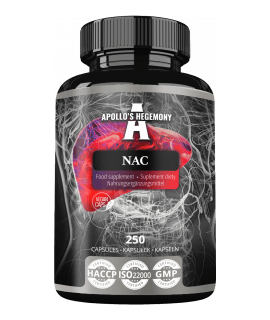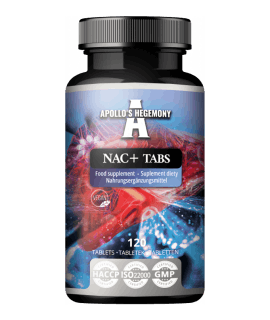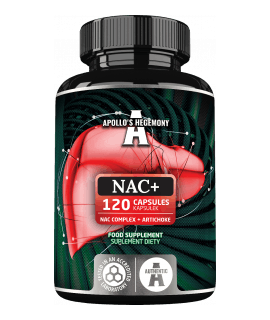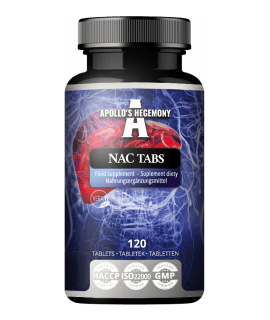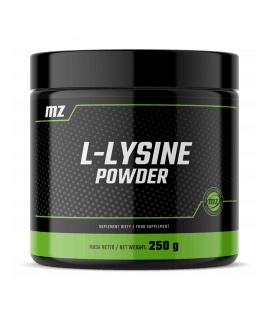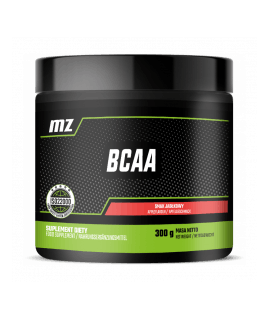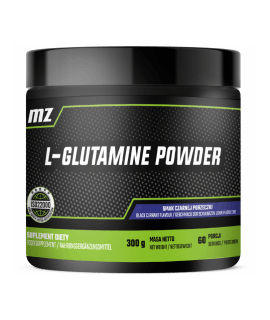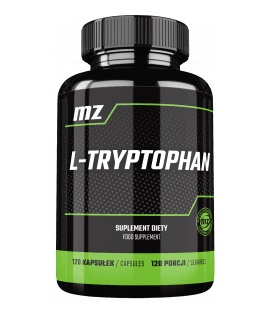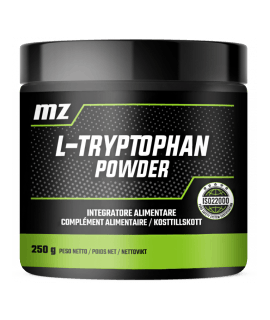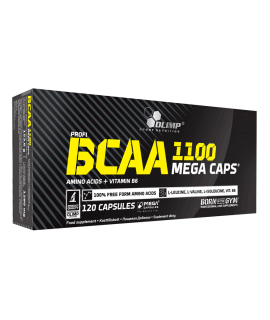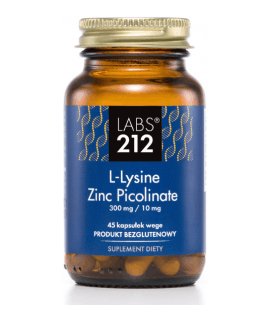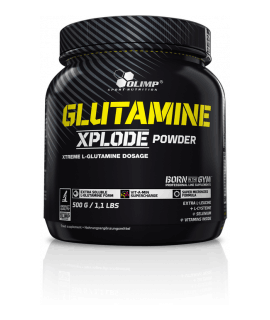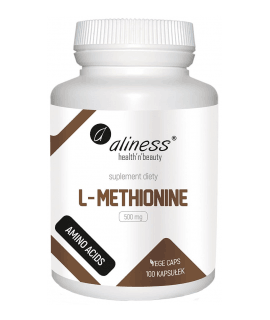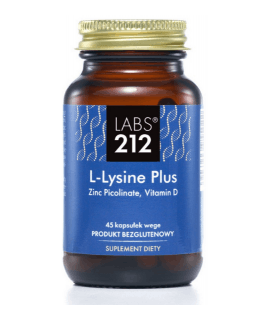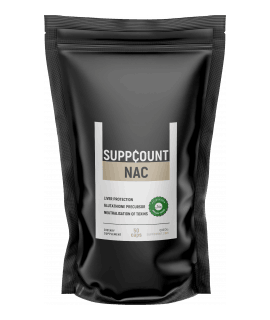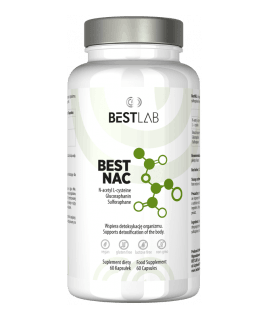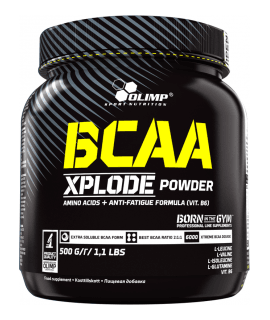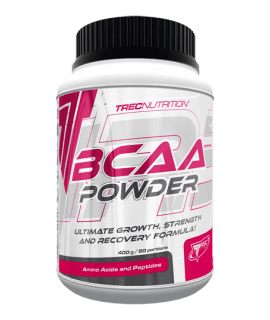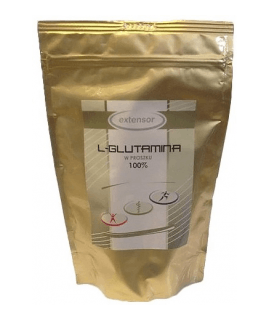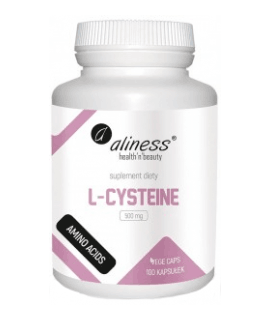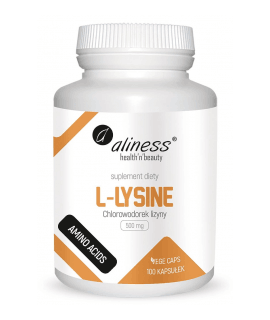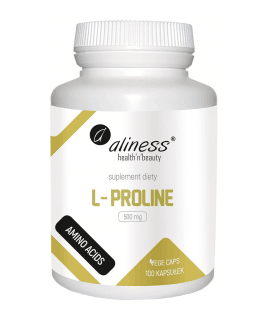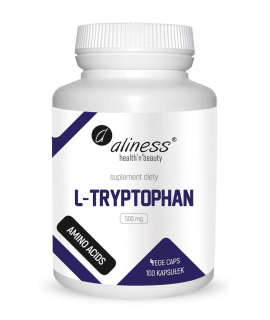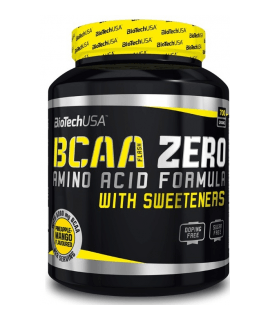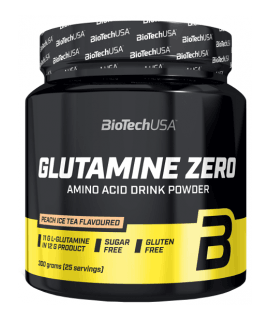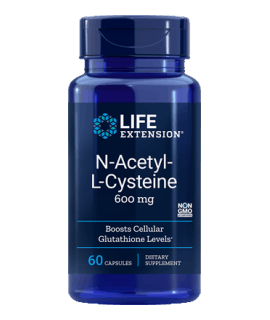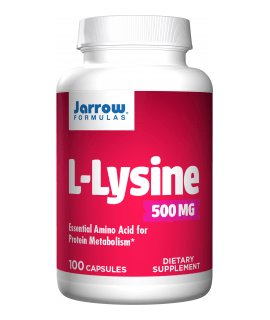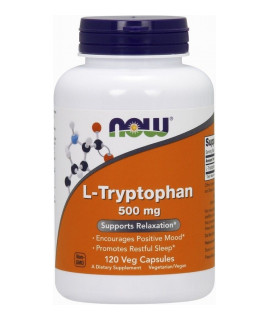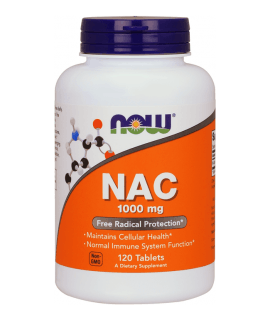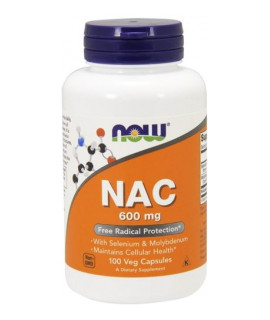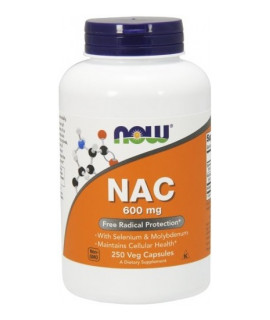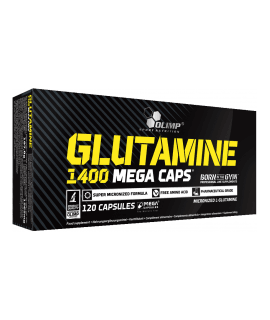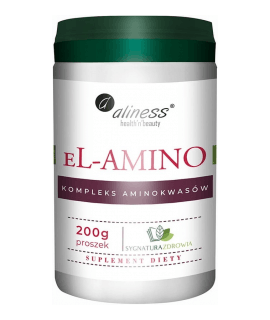Amino acids are elementary molecules that build proteins and peptides. Out of over 300 known amino acids, there are twenty considered to be particularly important for the proper functioning of the body, out of which there are ten that are considered necessary for life. Not all amino acids can be synthesized in the body. Some of them should be externally-provided. As to cover their demand, a properly composed diet is necessary, but high-quality supplements can also help.
Our offer includes a wide selection of amino acid preparations. Among them, there are both mono-preparations based on a single amino acid and ready-made mixtures of amino acids. The most recognizable are the compositions based on branched-chain amino acids (BCAAs), but we also offer more advanced complexes consisting of several or a dozen of different amino acids. You can choose from supplements in capsules, as well as powdered preparations, drinks or gels.
Amino acid supplementation is especially indicated for physically active people. An optimal supply of amino acids supports the growth and regeneration of muscle tissue. Amino acids may also serve as an energy source during an intense exercise. In addition, they provide the best protection against catabolism. However, these are not their only functions. Amino acids participate in many important metabolic processes and favorably affect the functions of the nervous and immune systems.
